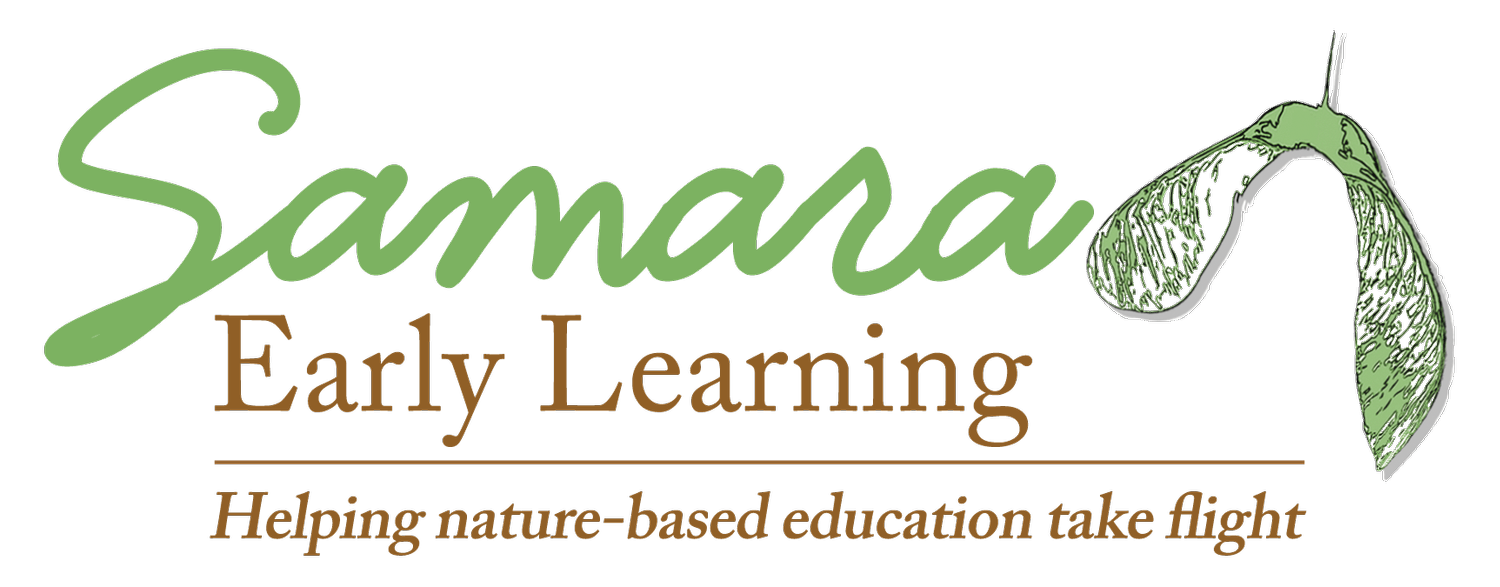Awe and wonder in your classroom
This post originally appeared in Dr. Rachel A. Larimore’s weekly Samara newsletter on March 14, 2023. If you’re interested in receiving these emails, scroll to the bottom of this page to subscribe.
Awe and wonder are two words I use a lot when discussing nature-based education. Recently, I listened to a podcast which opened my eyes to even more types of awe and wonder in the world–including the early childhood classroom.
Dacher Keltner, the author of Awe: The New Science of Everyday Wonder and How It Can Transform Your Life, says Awe is “the feeling of being in the presence of something vast that transcends your current understanding of the world.”
His research in neuroscience has revealed what he calls the “Eight Wonders of Life.” Yes, nature is one of the eight wonders that lead to awe. But so are things like other people–their courage, kindness, strength, or the way they’ve overcome life’s challenges.
Awe also emerges from what he calls “collective effervescence” or moving and being together in a group.
Awe can also be found in visual design, music, moments of epiphany, mystical experiences, and life and death. Yes, awe can be found in nature, but also in our human worlds as well.
How do we find awe? Keltner suggests things like going for an “awe walk” where you look for things that amaze you–big and small. The next time you venture to the Beyond, I encourage you to do an awe walk and see what the children notice. What amazes them? What amazes you?
As early childhood educators , we can also do an “awe walk” of sorts in our classrooms. Look around your classroom (Inside, Outside, or Beyond) and notice the things that amaze you.
What awe-inspiring things have children said or done today?
When have you been in awe of another educator you work with and their ability to connect with children or families?
What kindness or strengths among your families have been awe-inspiring?
I hope you’ll consider awe and wonder in your classroom and how we can experience more of it ourselves, but also support children in having more moments of awe and wonder.
I encourage you to listen to On Being with Krista Tippett as she interviews Dacher Keltner. (You might also be interested in Kelnter’s work at the Greater Good Science Center at UC-Berkeley).
Keep changing lives,
Rachel
Rachel A. Larimore, Ph.D., Chief Visionary of Samara Learning

